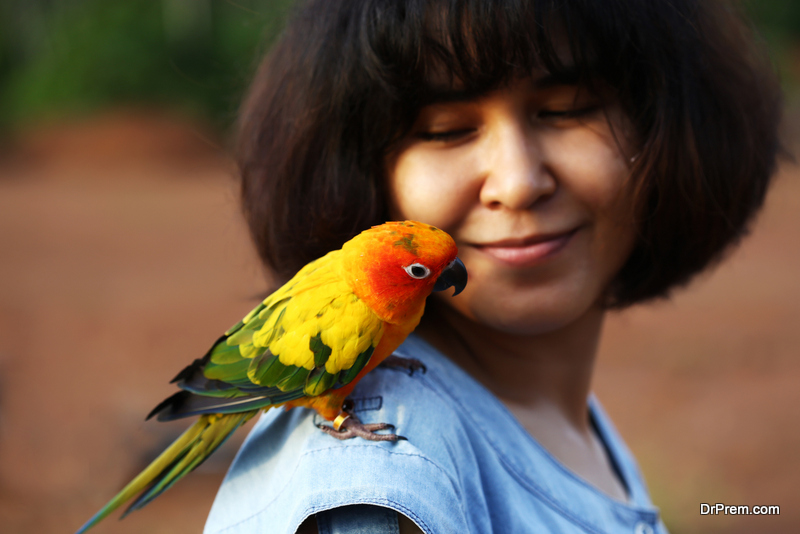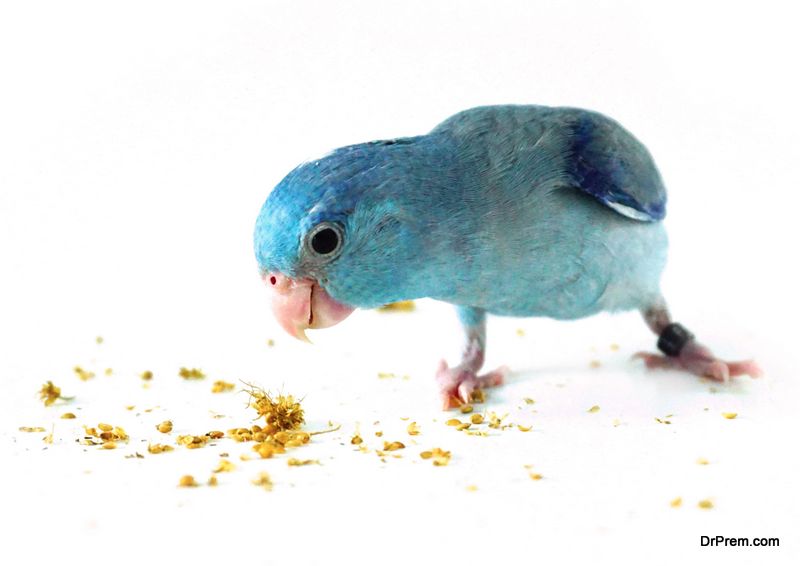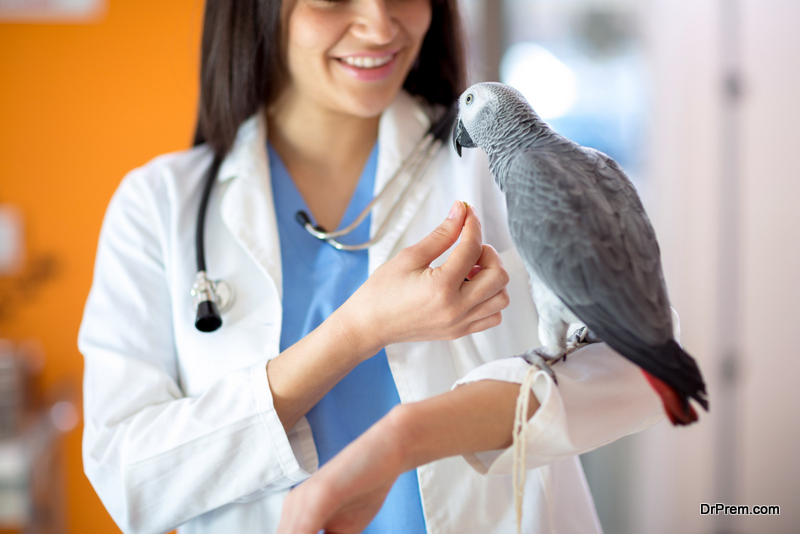Birds are special creatures, so it should come as no surprise that more and more people are turning to them as pets. This is exciting, for both birds and their owners, but it does also present a problem when it comes to keeping them happy and healthy. Birds are susceptible, for example, to getting worms. These need to be dealt with as quickly as possible, so continue reading to discover some important information about worms in birds.
Types of Birds That Get Worms
The truth is that any type of bird can get worms, no matter what precautions you might take as their owner. It does not matter if you only have one bird or many, the reality is that worms can get in their belly. However, there are some things that you can do in order to minimize the risk moving forward of a worm infestation.
The Reason Worms End Up in Birds
You might be wondering how birds end up with worms in their gut anyway. The reality is that it happens quite easily. The droppings from a bird often carry round worm eggs, and these can be released into the environment within only 14 days. In the right environment, they will interact with a new host and that is how your bird will end up with worms. Thankfully, there is a worming treatment for birds that you can consider implementing right away should you discover that your bird is affected.
The Symptoms of Worms
It is not always easy to know right away if a bird has worms. In fact, birds can sometimes have quite an amount of worms in their stomach and yet still not display any symptoms on the outside. However, a bird will one day suddenly become stressed and the number of worms can increase to the point that death is a possible outcome. You might also notice at this point that the bird begins to lose weight, sheds a great deal of its feathers, becomes lethargic and sleeps much more than is normal.
Stopping a Worm Infestation
It is not always easy to stop worms from being a problem, which is why it is best to have a worming schedule that is implemented on a regular basis. This means that you should have your bird wormed at least four times a year, no matter if they are kept inside or outside. This is how you can actively prevent future worming outbreaks. One suggestion is to have your birds wormed at the start of every season so that you do not forget.
Remember to take care of your birds. They cannot always communicate to you when something is wrong. It is up to you, as their caretaker, to engage in active prevention on your own.
Article Submitted By Community Writer




